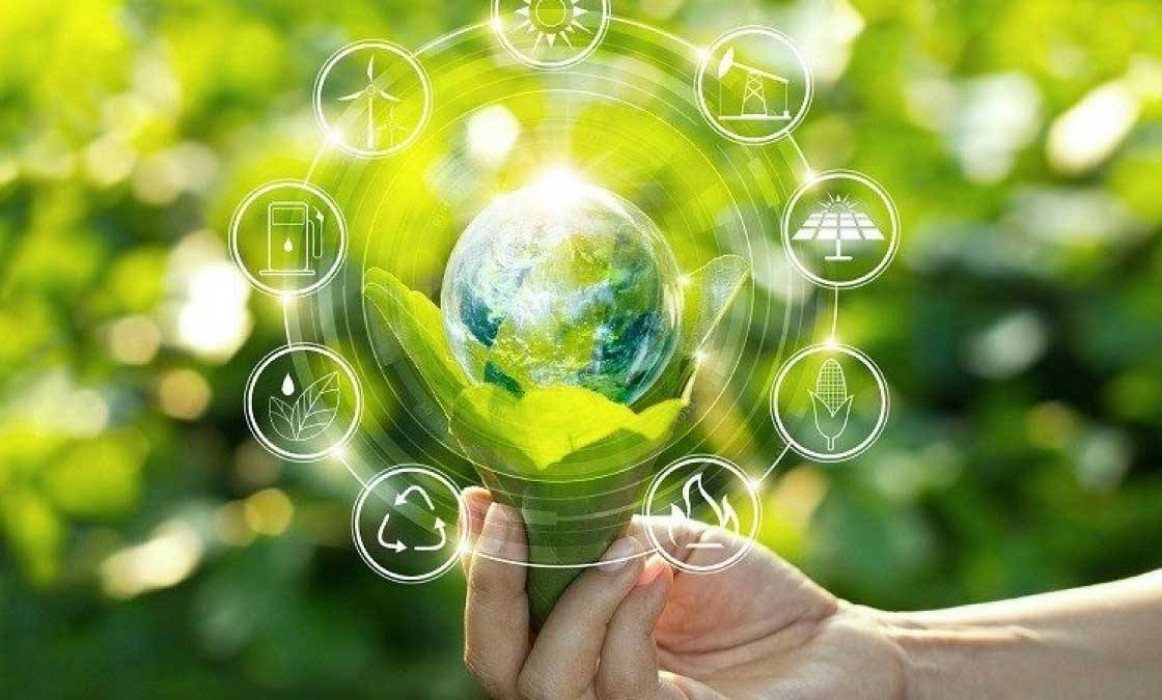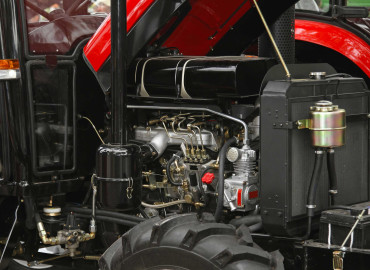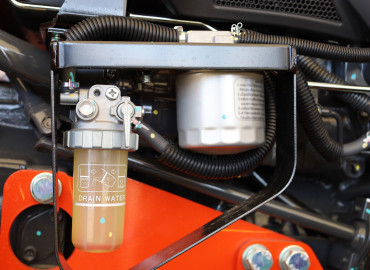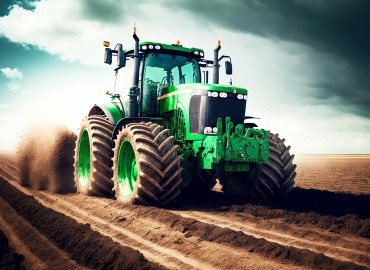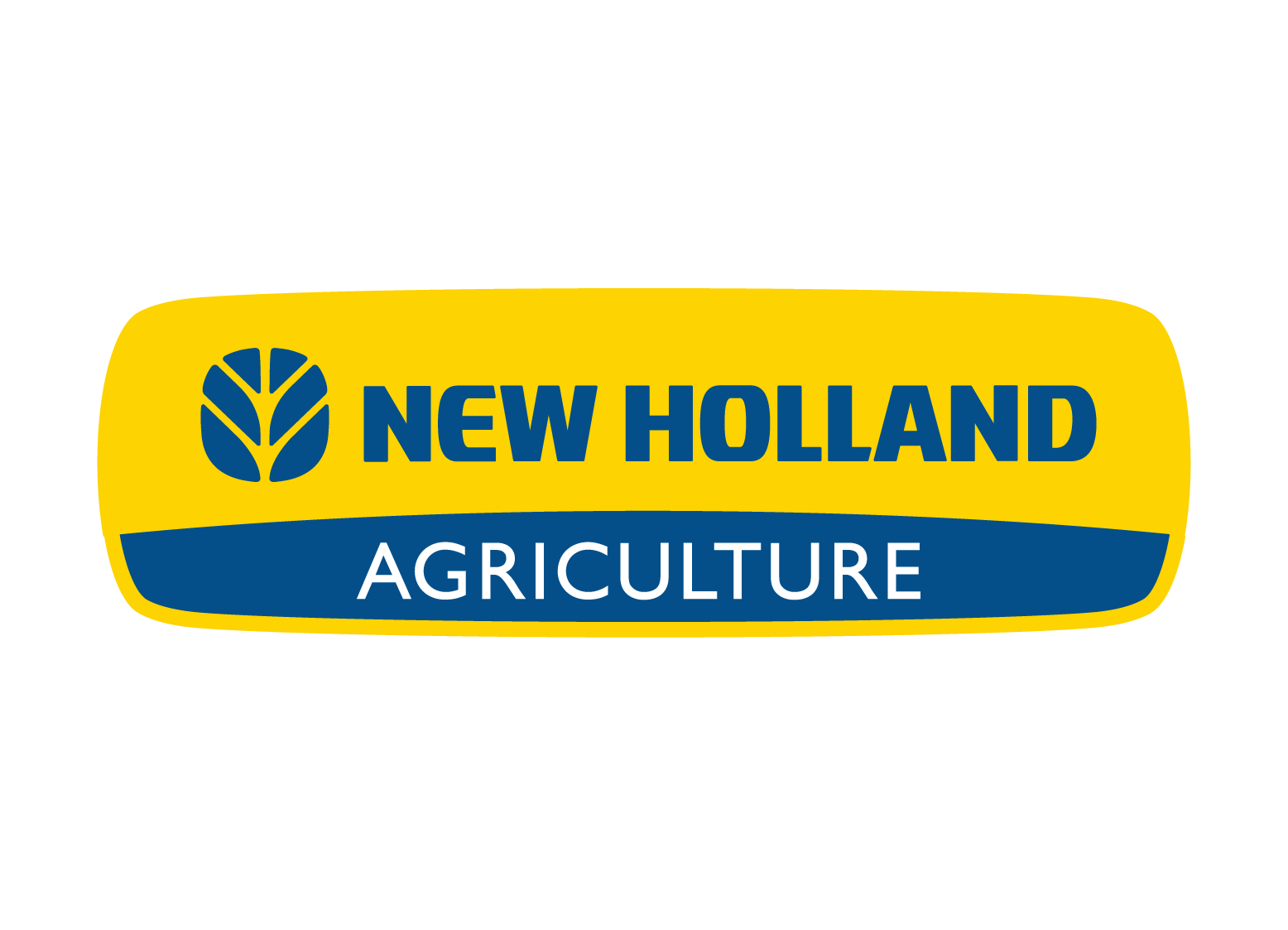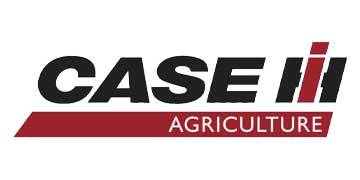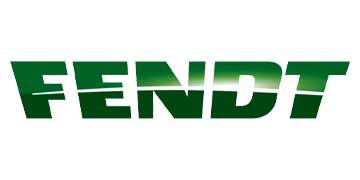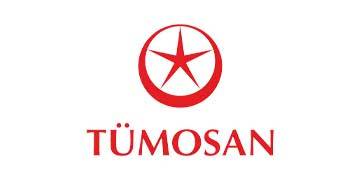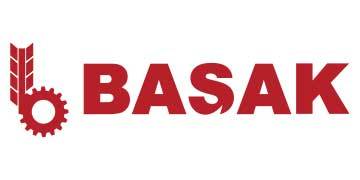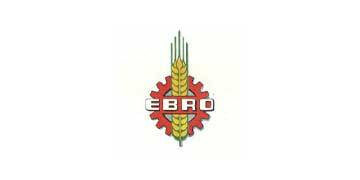Ensuring the continuity of resources and leaving a livable world to future generations is possible with sustainable production.
Considering the limited resources and the increasing world population, it is necessary to use resources efficiently. In addition, the concept of sustainability is of great importance to renew the resources offered by nature. At this point, the necessity of sustainable production is indisputable.
WHAT IS SUSTAINABILITY?
Sustainability means making the life of humanity and nature permanent. While ensuring the continuity of production and diversity, it is necessary for life to continue and meet future generations' needs without compromising.
Sustainability should be used to leave a world with good economic and environmental conditions for future generations.
The concept of sustainability was introduced in 1983 after the report Our Common Future published by the United Nations. This report was adopted by the masses in 1984 with the detection of the ozone hole caused by humans over Antarctica.
The concept of sustainability should not be considered only in the environmental dimension. This concept is a holistic perspective that includes ecological, social and economic components.
Environmental Sustainability:
Environmental Sustainability focuses on the fact that the resources in nature are not unlimited and that these resources should be used wisely. Nature is of great importance for every living creature and the right to life of living things should not be interfered with for development. Resources should be used consciously and a livable world should be left to future generations.
Economic Sustainability:
Economic continuity must be ensured in order for production and consumption to continue without interruption. The concept of financial sustainability has a significant place for development.
Social Sustainability:
It emphasizes that social sustainability should be ensured in areas such as education, health, social and individual welfare, and safe living.
SUSTAINABLE PRODUCTION
With the increasing industrialization, the increase in the damage to the nature has led to an effort to produce a solution. Therefore, sustainable production has become a popular concept since 2010. Sustainable production is the use of processes and systems that are:
- Do not pollute the nature,
- Cost-effective,
- Protect natural resources,
- Reliable for society,
- Creatively beneficial for employees.
If the production is sustainable, it will benefit the environment, society, employees and organizations.
The goals of sustainable production:
- Protection of energy and natural resources without being polluted,
- Ensuring economic consistency,
- Leaving a safe and healthy world to future generations
Sustainable production covers the concepts of society, environment and economy. These concepts are expected to be compatible and balanced with each other. Sustainable production can only be achieved when balance is achieved.
OBJECTIVES OF SUSTAINABLE PRODUCTION
- Reducing the use of raw materials used in production
- Reducing the waste generated as a result of production
- Increasing the energy efficiency used
- Reducing the use of hazardous materials used in production
- Development of environmentally friendly designs
- Increasing the durability of the products produced
- Increasing the importance given to recycling and reuse
- Expanding the use of renewable energy resources in production
- Evaluation of wastes generated in production
Many methods have been developed to achieve these goals. The main techniques used today are:
Environmental Impact Assessment (EIA)
It is used to determine the effects of the activities to be carried out on the environment. In addition, it has been developed to prevent possible environmental impact.
Life Cycle Assessment
The environmental effects of any product during the production period until its destruction are understood through life cycle analysis.
Environmental Technology Assessment
The effects of various technologies on the environment and human health are evaluated. Accordingly, necessary solutions are produced.
Chemical Assessments
The toxic effects that occur due to the chemicals used in the production of any product are emphasized.
Waste Inspection
It was developed to detect the wastes generated during the production process and to reduce these wastes.
Energy Assessments
It aims to reduce the energy used by businesses for each product. At the same time, how to evaluate the waste heat generated at the end of production is also being investigated.
Raw Material Assessments
The environmental effects of the raw materials used in the production phase are investigated. It is expected that the raw materials used will be used efficiently.
As Hars Traktör A.Ş, we have adopted the principles of sustainable production for a sustainable future. From 1983 to the future…
 en
en  tr
tr 
